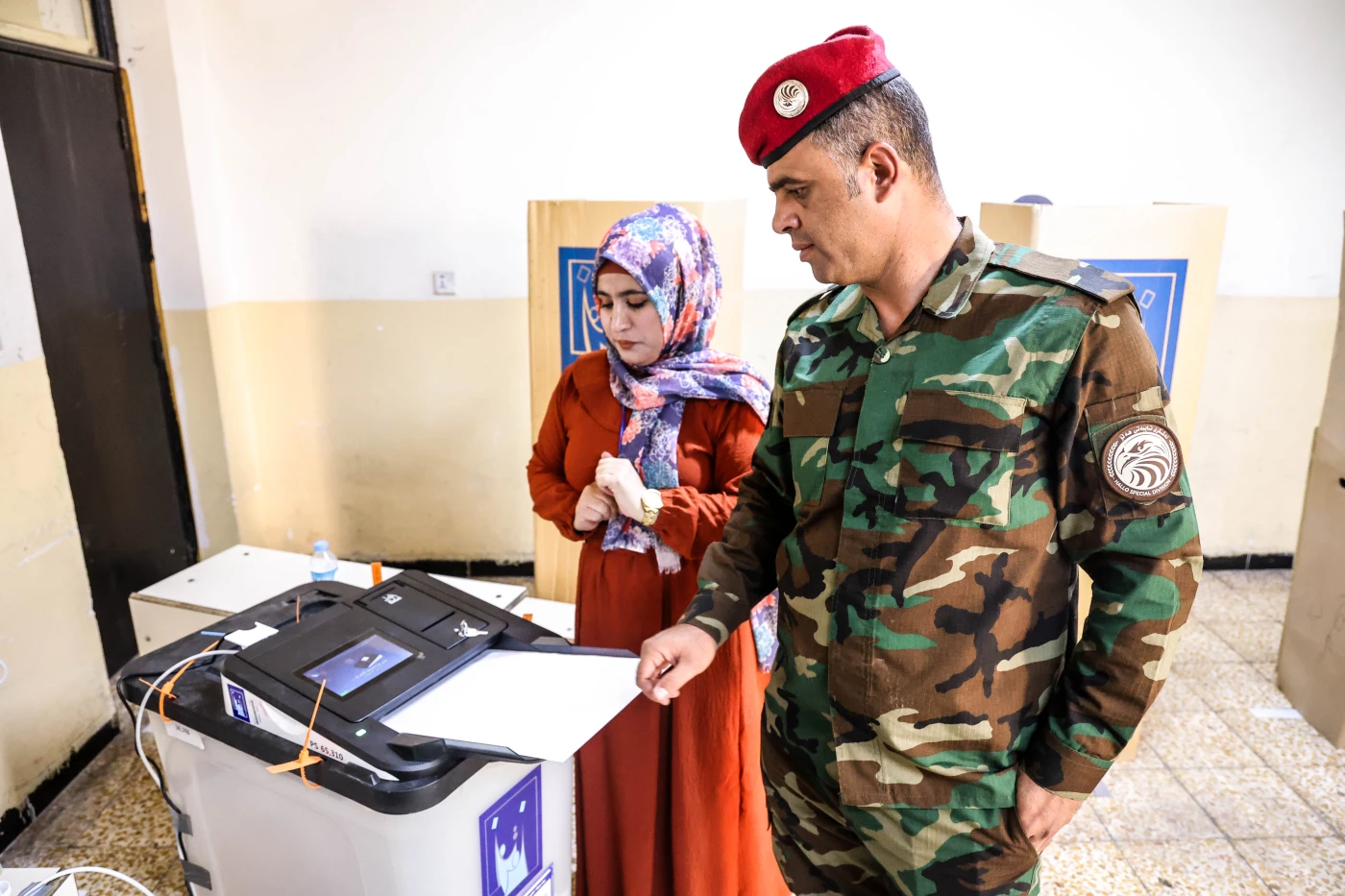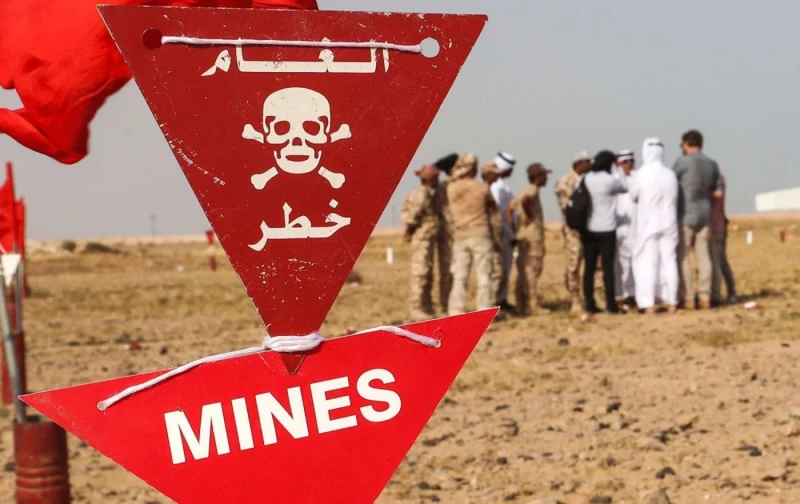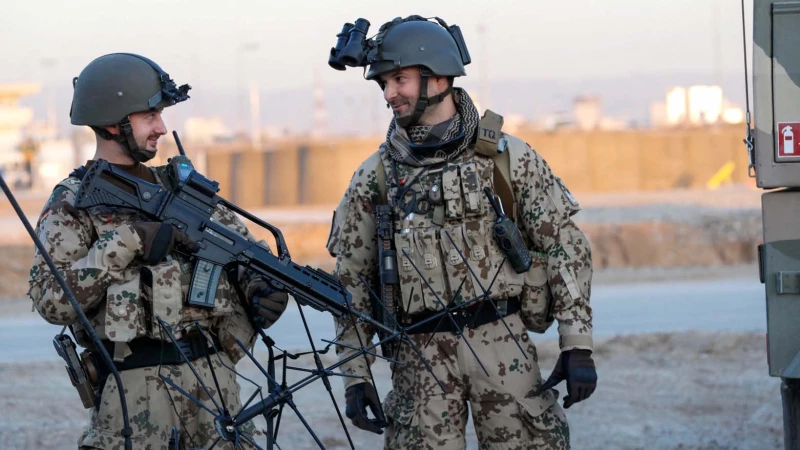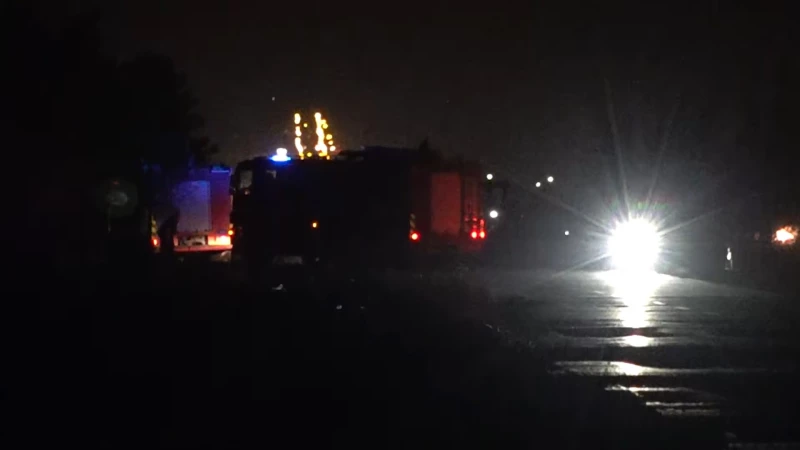Around 216,000 members of the Kurdistan Region's security forces are eligible to cast their ballots during the early vote. The early voting will take place in the provinces of Erbil, Sulaimani, Duhok, Halabja, Nineveh, Kirkuk, Diyala, Anbar, Salahaddin, Wasit, and Baghdad.
One of the strict measures issued by the IHEC is that voters are not allowed to take mobile phones inside polling stations in a bid to prevent them from filming their votes.
A number of political parties, however, have claimed that some members of the security forces have sneaked mobile phones into polling stations in Sulaimani and Halabja provinces.
After two years of delay and four times of rescheduling, the public will on Sunday head to the polling stations to vote in the Kurdistan Region’s parliamentary elections.
A total of 100 seats are up for grabs. Of this number, five seats are reserved for the minorities - three for Christians, and the remaining two for Turkmen.
For the first time in three decades, the electoral system was changed by dividing the Kurdistan Region into four constituencies - Erbil, Sulaimani, Duhok, and Halabja. In other words, members will be elected by open-list proportional representation, representing the Region’s four provinces.
A total of 38 seats have been reserved for Sulaimani province, 34 for Erbil, with the remaining 25 and three going to Duhok and Halabja respectively.
Around 3.8 million people were eligible to vote in the upcoming elections, out of which nearly three million have completed the biometric process and will be able to cast their ballots on October 20.
According to the IHEC, there will be more than 1,400 polling stations across the Kurdistan Region, to be monitored by 13,478 political party observers, 2,100 local and 1,165 international observers.
The Kurdistan Region last held its parliamentary elections in 2018.



 Facebook
Facebook
 LinkedIn
LinkedIn
 Telegram
Telegram
 X
X


